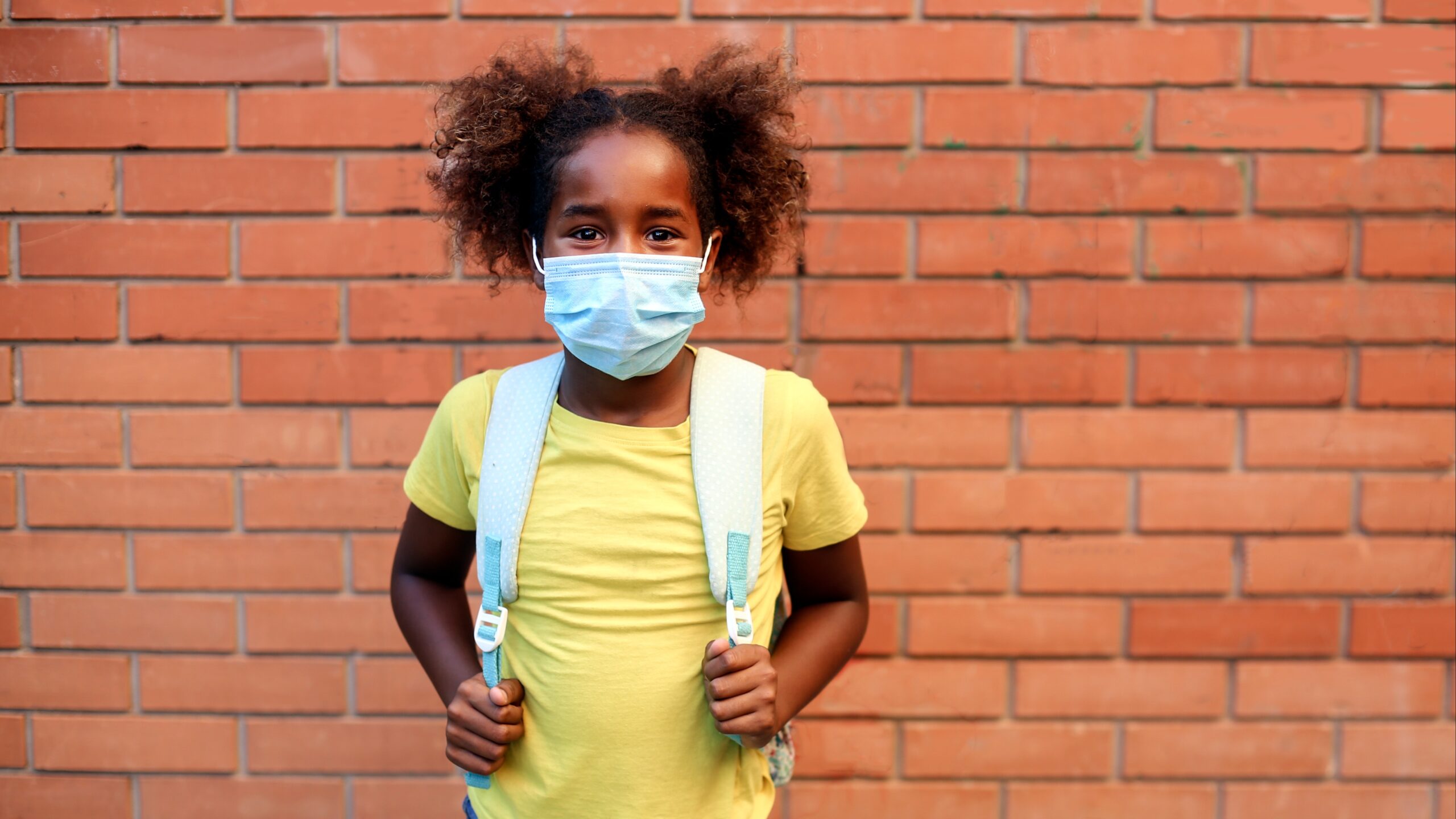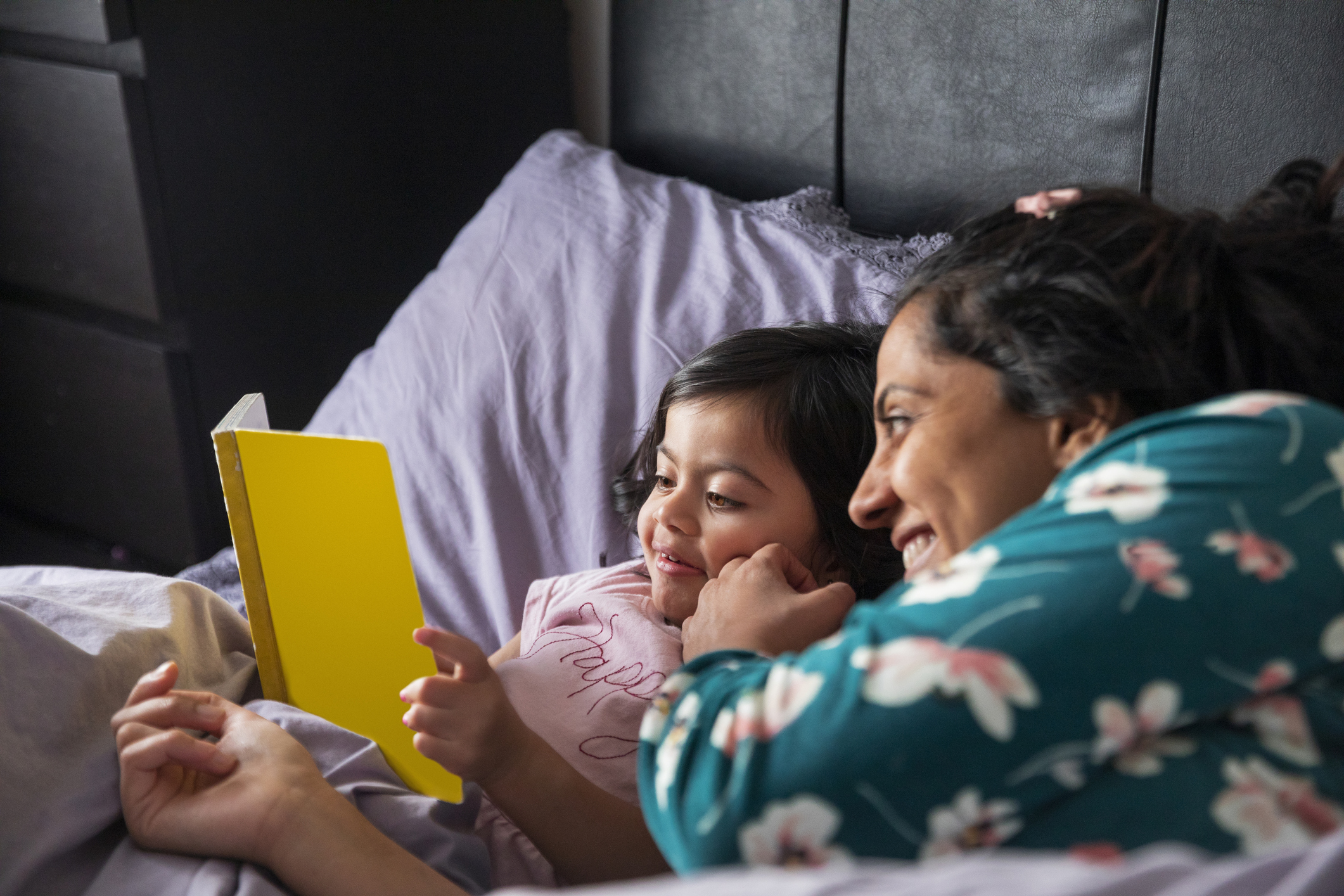
Heading back to school can bring up many emotions. It’s an exciting time of year as you consider new possibilities, new experiences, and reconnecting with close friends. On the other hand, it can bring up feelings of anxiety, stress, and dread associated with bullying, underperforming, the pressure to overperform, or generally disliking school.
Now let’s throw masks, COVID-19, a pandemic, a nationwide bus driver shortage, and other factors into the mix, and we have a new slew of emotions related to back-to-school season.
The best thing you can do for your children, whether they’re already back in school or headed back soon (virtual, in person, or homeschool), is consider their mental and emotional health throughout the school year. Part of that includes consistently incorporating self-care into their routine.
So, do I need to book a spa appointment for my kids?
By now we know self-care for adults doesn’t just mean trips to the spa and nail salon — so remember the same for your kids.
According to the World Health Organization (WHO), self-care is “the ability of individuals, families and communities to promote health, prevent disease, maintain health, and to cope with illness and disability with or without the support of a healthcare provider.” In simple terms, it’s the act of caring for yourself.
So when you think about self-care for your kids, consider incorporating activities that are beneficial to their mental, emotional, and physical health.
Develop Calm Morning and Night Routines
Waking up to a blaring alarm and rushing around the house before running off to the school bus or car to make it to school on time is not the best way to start the day.
On the opposite end, doing homework until the late-night hours and just fitting in a few hours of sleep isn’t the best way to prepare to be productive the next day.
Christina Brown, founder of natural baby skin care line BabyBrownSugar and the award-winning blog LoveBrownSugar.com is a mom to two little ones and had this to say about having a self-care-focused night routine.
"The way I'm teaching my kids about self-care and also leaning into carving out time for my own self-care is by sticking to a solid bedtime routine with them. They take a bath, brush their teeth, then do massages with bedtime oils and lotions (lavender scented to get them nice and relaxed), then we read a book and they head to bed.
"It's a simple routine but it guarantees they're off to bed on time so that I have my own mommy time after hours to unwind. It's one of the reasons I'm launching my product line BabyBrownSugar — it will focus on bath and body essentials that help establish a bedtime routine. During the pandemic, having a consistent bedtime routine has been my saving grace."

You want to help your child develop intentional morning and night routines that are calm and productive.
This will vary depending on the age of your child and their specific needs, but it might require that you plan your morning the night before, start relaxation time in the house earlier in the evening, wake up a few minutes earlier in the morning, or create a visual schedule so there’s less confusion about what needs to be accomplished.
Provide Tools To Manage Stress or Anxiety

As the parent, you want to identify signs of stress, anxiety, or depression in your children.
They can look different in each child, but might include:
- Changing sleeping or eating patterns
- Being irritable
- Not participating in activities that were once fun
- Having difficulty paying attention
- Fearing going to school
- Having trouble breathing and/or chest pain
- Constantly worrying about bad things happening
- Wetting the bed or having nightmares
- Having headaches
Dismissing these signs could greatly impact the well-being of your child, so don’t.
If your child might be anxious, stressed, or depressed, provide them with the tools needed to manage their emotions. Perhaps it can be managed at home, or you might need to see a therapist or psychiatrist, depending on the level of severity.
For at-home remedies, consider:
- Eating a healthier diet
- Spending more time outside or exercising in general
- Encouraging them to keep a journal
- Getting enough sleep
- Being open to conversations about their feelings
- Incorporating more fun into their lives
- Incorporating more quiet time into their lives
- Teaching mindfulness
Give Kids Space
School is demanding. If they’re in person, they’re surrounded by people all day with constant demands being placed on their time, brains, and bodies. If they’re virtual learning or homeschooling, it might look different, but there are still constant demands being placed on their time and minds.
That’s why it’s crucial that you give your children the space to be alone and do nothing. Every minute after school doesn’t have to be scheduled leading up to bedtime.
Shawny Sena is a marriage and family therapist in Minneapolis, Minnesota. She specializes in supporting LGBTQIA families and transgender children. Here’s what she has to say about giving kids space as a form of self-care.
“Self-care can feel like such a daunting task for us, never mind for our children. But kids intuitively know how to process the events and emotional energy of the day when they are given the space to do it!
"Through unstructured, imaginative play, children feel their feelings, analyze classroom and friendship dynamics, and soothe any playground hurts. Self-care doesn't get any better than that!
"In my therapy practice, I recommend that parents allow for 30 minutes to an hour of free play before the bedtime routine. If the play seems emotionally charged, do not fret! Your child is doing exactly what they need to. Feel free to offer a supportive comment such as 'I can see you playing so hard! You are really feeling your feelings!' and a hug if needed.”







